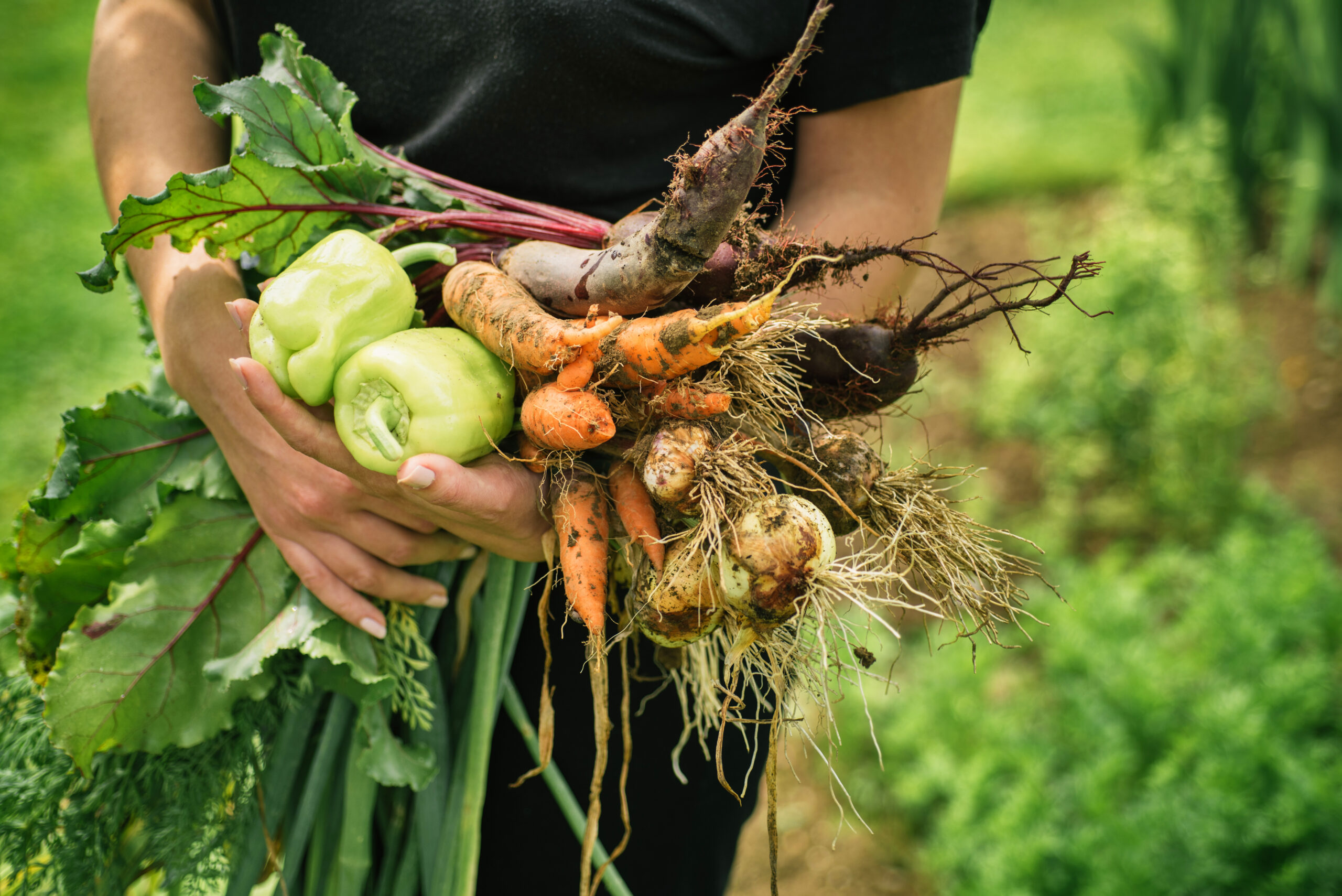
Pure Choice
28.07.2025
An impact that goes beyond the dining table
Today’s conscious consumer no longer chooses food only for labels like “fresh” or “local.” Increasingly important is the question: how and at what cost was this food produced? This is where organic farming comes in – a thoughtful, environmentally aware way of production that focuses on the origin, quality, and long-term impact of food.
What is organic – and what is not?
Organic products are not simply “less sprayed” or “naturally grown.” They are strictly regulated and officially certified foods, produced without synthetic pesticides, chemical fertilizers, or genetically modified organisms (GMOs).
Organic farming monitors the entire production chain: soil fertility, plant protection, processing, storage, and labeling – all must comply with the European Union’s organic regulation. In Estonia, supervision is carried out by the Agricultural and Food Board, which also issues official organic certificates.
A product without an official certificate is not organic, even if it is grown on a small farm or without chemicals – without independent verification, it remains just a claim.
BerryFood OÜ is officially organic certified, authorized to handle and store organic products in accordance with the European Union’s organic farming standards.
Why does it matter?
Organic food does not only benefit the consumer – it is part of a bigger whole. Organic farming does not deplete the soil, harm pollinators, or pollute waterways. It helps preserve ecosystem balance and supports biodiversity.
For consumers, this means less exposure to pesticide residues and food that grows in harmony with natural rhythms and seasons. Choosing organic also supports local agriculture and a more transparent food system.
Why can organic products be more expensive?
The price of organic products reflects the complexity of their production: it requires more time, labor, knowledge, and oversight. Yields may be lower, processing slower, and documentation and inspections more thorough.
At the same time, a higher price does not mean a mere extra cost – it reflects the true value of food: environmentally responsible production, transparent origin, and accountability throughout the supply chain. It is a price without hidden side effects.
Organic products in Estonian schools
A significant change has begun in Estonia. Since autumn 2023, at least 20% of the ingredients used in school and kindergarten meals must be organic. Many municipalities aim to increase this share to 50% or more, in order to provide children with more controlled and cleaner food.
BerryFood OÜ supplies educational institutions with organic products, meeting the growing demand for reliable and certified ingredients. Our assortment is one of the widest in Estonia – including organic berries, vegetables, and fruits under the LaFroza Bio brand.
What do organic products mean for all of us?
They are a conscious choice. An opportunity to support a cleaner environment, more sustainable farming, and fairer food production. Every time you choose an organic product, you support a system that prioritizes not only food quality but also the world we leave behind after the meal.